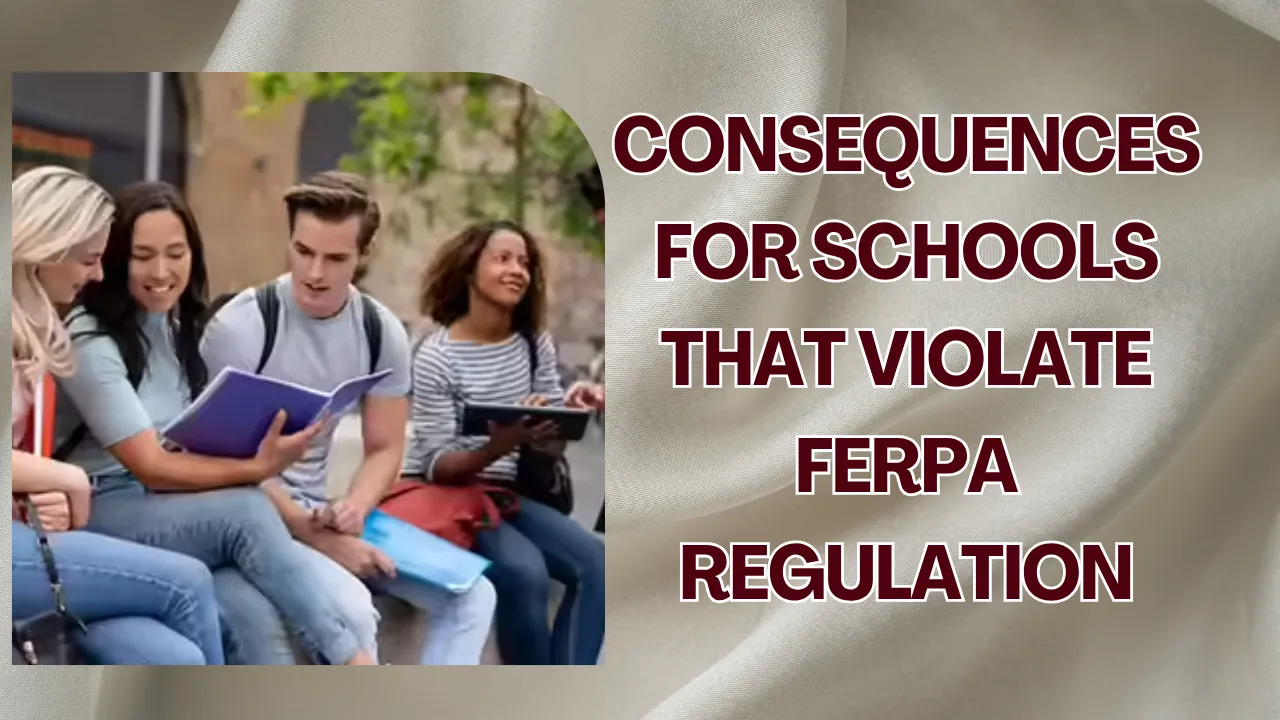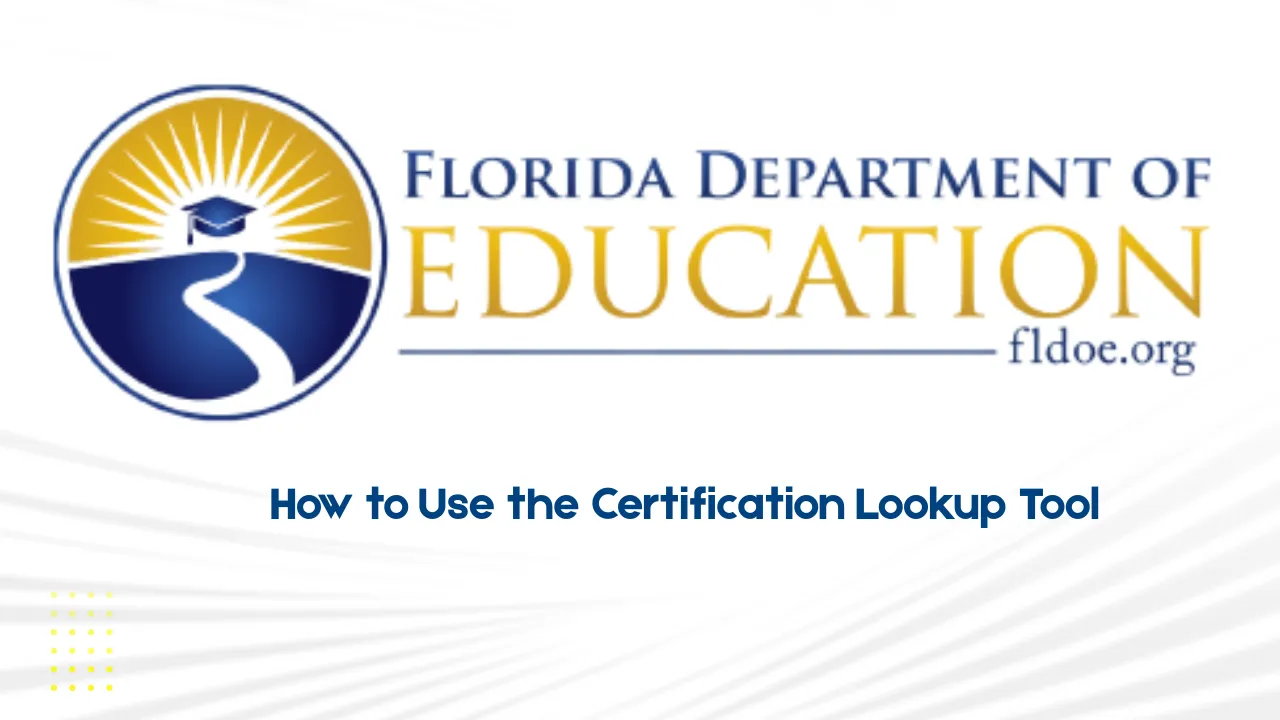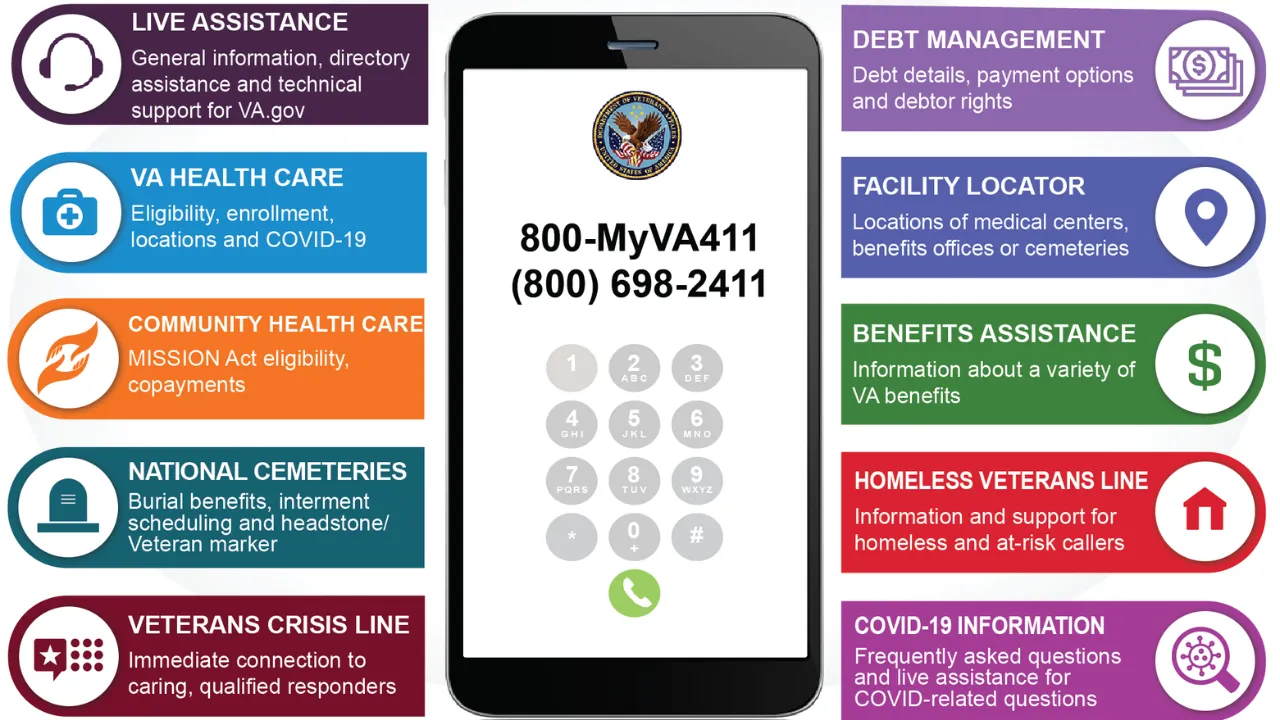FERPA Regulations: In today’s data-driven education system, student privacy is more important than ever. Schools manage an immense amount of sensitive information, from grades to personal health data. That’s why the Family Educational Rights and Privacy Act (FERPA) exists—to safeguard this information and ensure students and families have control over who sees it. But what happens when schools break the rules?
FERPA violations can carry serious consequences, not just for the institutions but also for the trust families place in them. Whether it’s a careless disclosure or a systemic lack of safeguards, failure to comply with FERPA regulations can damage reputations, incur legal action, and lead to heavy financial repercussions. This article explores what these violations look like and what consequences schools face if they ignore or mishandle FERPA compliance.
FERPA Regulations
FERPA is a federal law enacted to give parents—and students over 18—the right to access, amend, and control the release of their education records. It applies to all schools and colleges receiving U.S. Department of Education funding. The law places strict limits on how student records can be accessed, shared, or used, especially regarding personally identifiable information (PII).
When FERPA regulations are violated, the fallout can range from reputational harm to federal sanctions. While the U.S. Department of Education often prioritizes corrective action over punishment, repeated or flagrant non-compliance can result in more drastic outcomes.
Overview Table: Key Consequences of FERPA Violations
| Consequence | Description |
| Loss of Federal Funding | Schools risk losing financial aid and grants if found in violation repeatedly. |
| Legal Actions and Lawsuits | Violations may lead to civil suits under state privacy or contract laws. |
| DOE Enforcement and Investigations | Includes cease-and-desist orders, corrective action plans, or funding freezes. |
| Reputational Harm | Public breaches lead to a decline in community trust and student enrollment. |
| Accreditation Risk | Ongoing violations may trigger reviews by accrediting agencies. |
| Staff Disciplinary Measures | Individual employees can face suspension, termination, or legal consequences. |
| Costly Compliance Measures | Institutions may need to overhaul policies, training, and systems. |
Loss of Federal Funding
Perhaps the most severe consequence, the withdrawal of federal funds, can cripple an institution. While rare, the Department of Education can cut off funding if a school shows a consistent pattern of violating student privacy. Since most schools heavily rely on federal aid—whether through student loans, grants, or institutional support—this is often used as a last resort after multiple warnings or failed corrective actions.
Legal Actions and Lawsuits
Although FERPA does not grant individuals a direct path to sue for damages, violations often spill over into other legal territories. For instance:
- State-level privacy laws may offer students the right to compensation.
- Civil rights laws could be invoked if the violation involves discrimination or denial of services.
- Breach of contract lawsuits may arise from third-party data processors that fail to protect student information.
These legal outcomes can be both financially and reputationally devastating for schools.
Department of Education Enforcement Actions
The Family Policy Compliance Office (FPCO), a division of the U.S. Department of Education, oversees FERPA enforcement. It takes several steps to address violations:
- Investigation: Triggered by a parent or student complaint.
- Corrective Plans: The school may be ordered to revamp its policies or introduce new staff training.
- Cease-and-Desist Orders: A direct mandate to halt specific practices.
- Temporary Freezing of Funds: As pressure to ensure immediate compliance.
These actions often come with strict timelines and require significant effort and transparency from the institution.
Reputational Harm
Violating FERPA regulations can have long-lasting public consequences. News of a data breach or unlawful record disclosure spreads fast, often covered by local and national media. Consequences include:
- Loss of trust among students and parents.
- Lower enrollment as families seek more secure options.
- Negative media coverage that affects staff morale and donor confidence.
The reputational damage alone can take years—and considerable resources—to rebuild.
Accreditation Risk
Accreditation ensures educational quality and access to federal funding. When FERPA violations suggest systemic governance failures, accrediting bodies may conduct audits or impose sanctions. This, in turn, affects a school’s ability to offer transferable credits, receive student loans, or even operate legally in some states.
Staff Disciplinary Measures
When FERPA breaches are traced back to individuals, disciplinary actions often follow:
- Written reprimands or formal warnings.
- Suspension or termination of employment.
- Criminal charges if the breach involves fraud, identity theft, or willful data misuse.
These steps are essential to maintaining internal accountability and demonstrating the institution’s commitment to compliance.
Costly Compliance Measures
After a breach, schools often face internal overhauls to align with FERPA. These include:
- Investing in secure record-keeping systems and encrypted storage.
- Running full-scale audits to detect vulnerabilities.
- Developing robust training programs to educate faculty and staff.
- Hiring FERPA compliance officers or consultants.
- Reviewing third-party vendor contracts to ensure data privacy standards are upheld.
These steps are necessary but also resource-intensive, especially for smaller institutions with limited budgets.
Common FERPA Violations
Some of the most common breaches include:
- Posting grades or student performance data in public forums.
- Sending personal student details to the wrong email recipients.
- Leaving physical or digital records unsecured.
- Sharing student records with vendors without adequate privacy clauses.
- Refusing student access to their own records.
- Improper disposal of records—such as failing to shred documents.
- Failing to allow students/parents to opt-out of directory information disclosures.
Understanding and addressing these risks proactively is key to avoiding serious consequences.
Final Thoughts
Protecting student information isn’t just about ticking boxes—it’s about trust, transparency, and upholding the law. FERPA exists to ensure educational records are kept secure and that students and parents have a voice in how their data is handled. Schools that neglect FERPA regulations put themselves at risk—legally, financially, and reputationally.
Every school, college, and university should take FERPA compliance seriously. Whether you’re an administrator, educator, or support staff, staying informed and proactive protects not just your students, but your institution’s future. Start by conducting a FERPA audit, updating privacy policies, and investing in regular staff training. Share this article with your compliance team and take the first step toward a secure, trusted learning environment.


















